CANICA is a non-profit organization working to eliminate homelessness and child labor in Oaxaca for over 30 years. Their organization has two key objectives. The first is to offer specialized services to families who work on the street, with a focus on children and adolescents. CANICA’s model is based on the notion that families in this situation have a disadvantageous relationship with the street as they depend on it for survival, making them more vulnerable to its risk as they occupy public spaces from a disadvantaged socioeconomic, socio-cultural, age and gender position. The second objective is to educate the community on why child labor is harmful while including them in the solution process. Through education, CANICA hopes to support children’s development and improve their quality of life.
CANICA uses a comprehensive attention model to prevent and address child labor in their communities. The three phases of their model include 1) Contact and Awareness: contacting children, adolescents, and their families through a friendly and respectful approach, 2) Intensive Services: strengthening participants’ abilities, skills, and knowledge to improve their quality of life, and 3) Social Commitment and Participation: reinforcing families’ learned abilities and skills so they can design and implement a family life plan that guides them to achieve their goals and dreams.
Today, CANICA supports over 50 families in the metropolitan area of Oaxaca. The families are from various regions in Mexico and the Northern Triangle in Central America. 77% of them are from rural areas in the poorest states of Mexico.
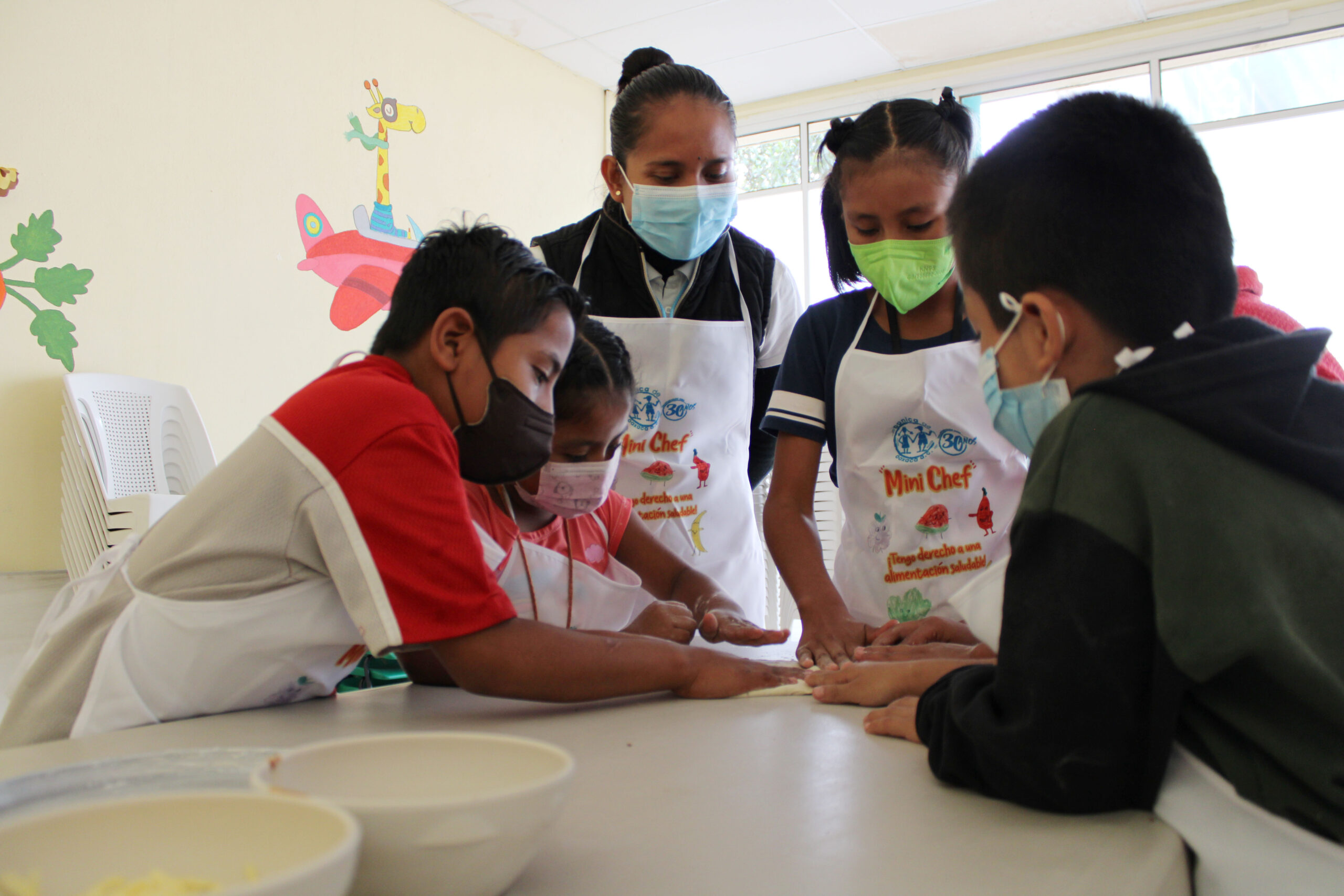
PROGRAM FOCUS
Through CANICA’s three-phase model, sixteen initiatives were launched to effectively support the children and families in their community.
Education Programs:
- Multigrade classroom: Giving children from 1st through 5th grade the opportunity to attend CANICA’s school to access quality education Monday-Friday.
- Physical Education: Promoting play and physical activity in their sports area to monitor children’s health and social development.
- Library: Encouraging reading and learning in their library where engaging activities are led by the CANICA team.
- Lunch Service: From Monday to Friday, healthy breakfast and lunch meals are provided to the children in the Intensive and Multigrade Services phase with the support of parents in the community.
- Support for School Training (school reinforcement initiative): Efforts to strengthen the linguistic skills, reading and writing, mathematical logic, personal, and cultural development of children and youth. They are divided into a Basic Room that serves children ages 5 to 7, an Intermediate Room for children ages 8 to 11, and an Advanced Room that serves young people from 12 to 15 years of age.
- Education Follow-up: Created to provide sessions to girls, boys, and young people to improve their study habits to increase or maintain their GPA and educational level.
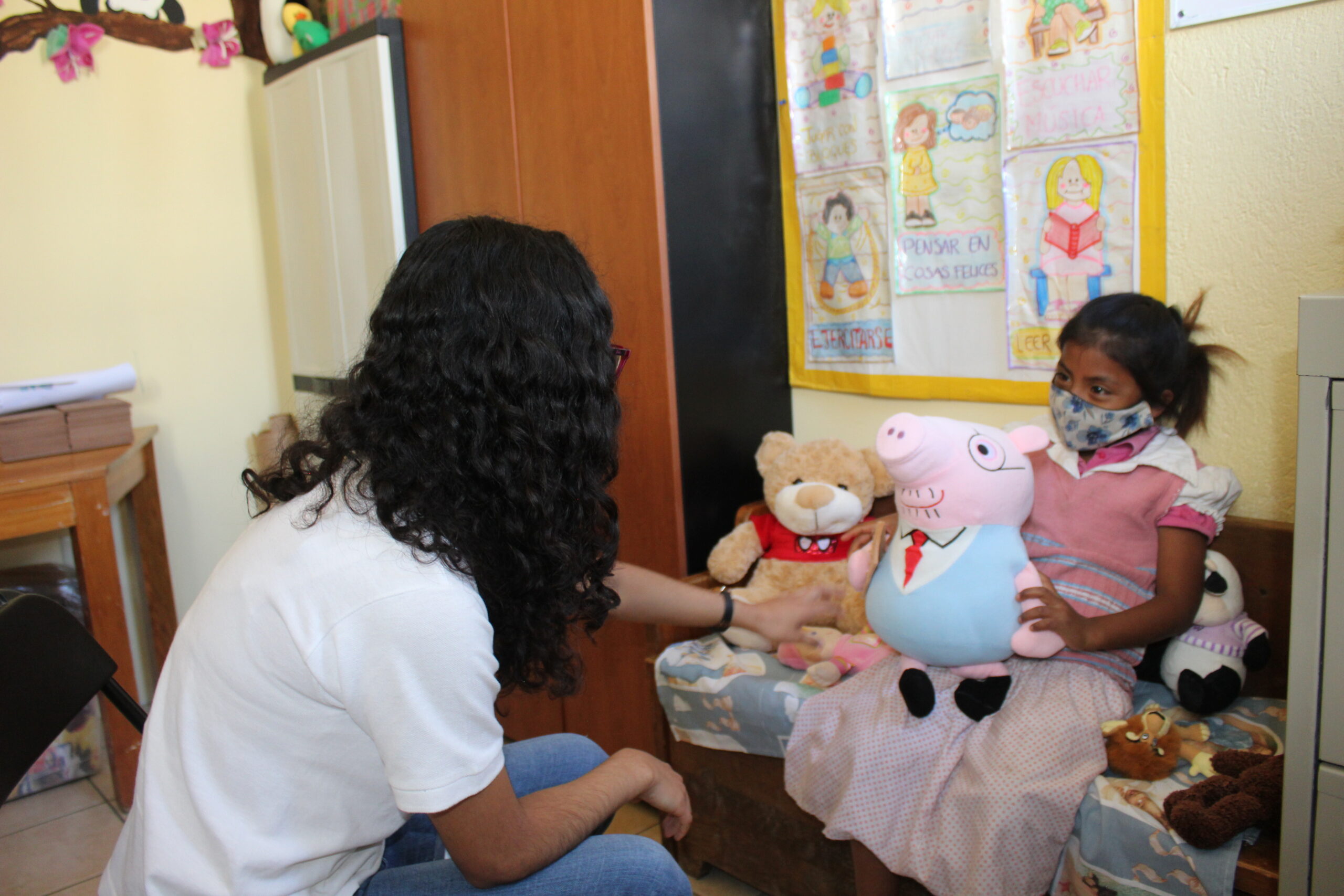
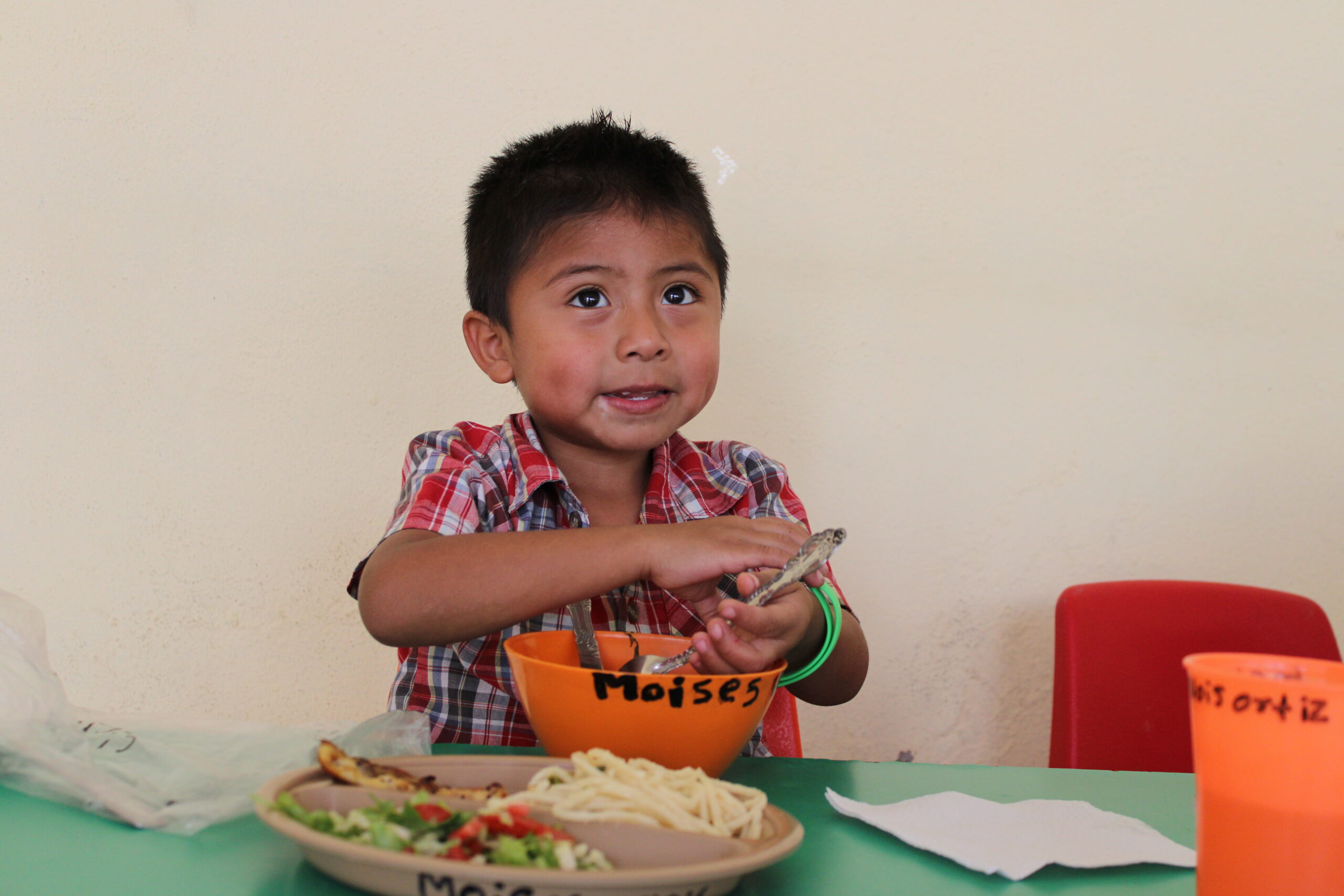
- Cultural and Artistic Workshops: Regular activities to encourage children and young people to develop their artistic abilities and strengthen their relationship with their culture.
- La Bombocha: Saturday workshops attended by young people of CANICA’s third phase to participate in artistic, sports, educational, and recreational activities.
- Mobile Play Center: During the Contact and Awareness phase, CANICA provides a recreational space for girls and boys to reduce their working hours in the streets. The center gives the CANICA team a safe and non-intrusive way to approach families and begin integrating them into their programs.
- Mental Health: Providing children access to a specialized team of healthcare workers with group workshops and individual sessions to address any identified psychological challenges.
Family Support Programs:
- School for Mothers and Fathers: Every month, parents are invited to attend workshops or talks where they focus on strengthening their social, emotional, family, work, and/or professional skills.
- Nutrition and Food: The nutrition area monitors the health of each participant while offering workshops to the community on healthy eating and hygiene habits.
- Family Life Plan: During the Social Commitment and Participation, planning sessions are provided to the community to identify short, medium, and long-term goals for each family to work towards.
- Family Counseling: Each mother and father of a child supported by CANICA has an educator who provides them with psychological support focused on strengthening their addressing personal, emotional, family, social, work, economic, health, and relationship issues.
Human Rights Initiatives:
- Human Rights Promotion: This area provides workshops and talks to girls, boys, and young people to make them aware of their rights so they can promote and defend them.
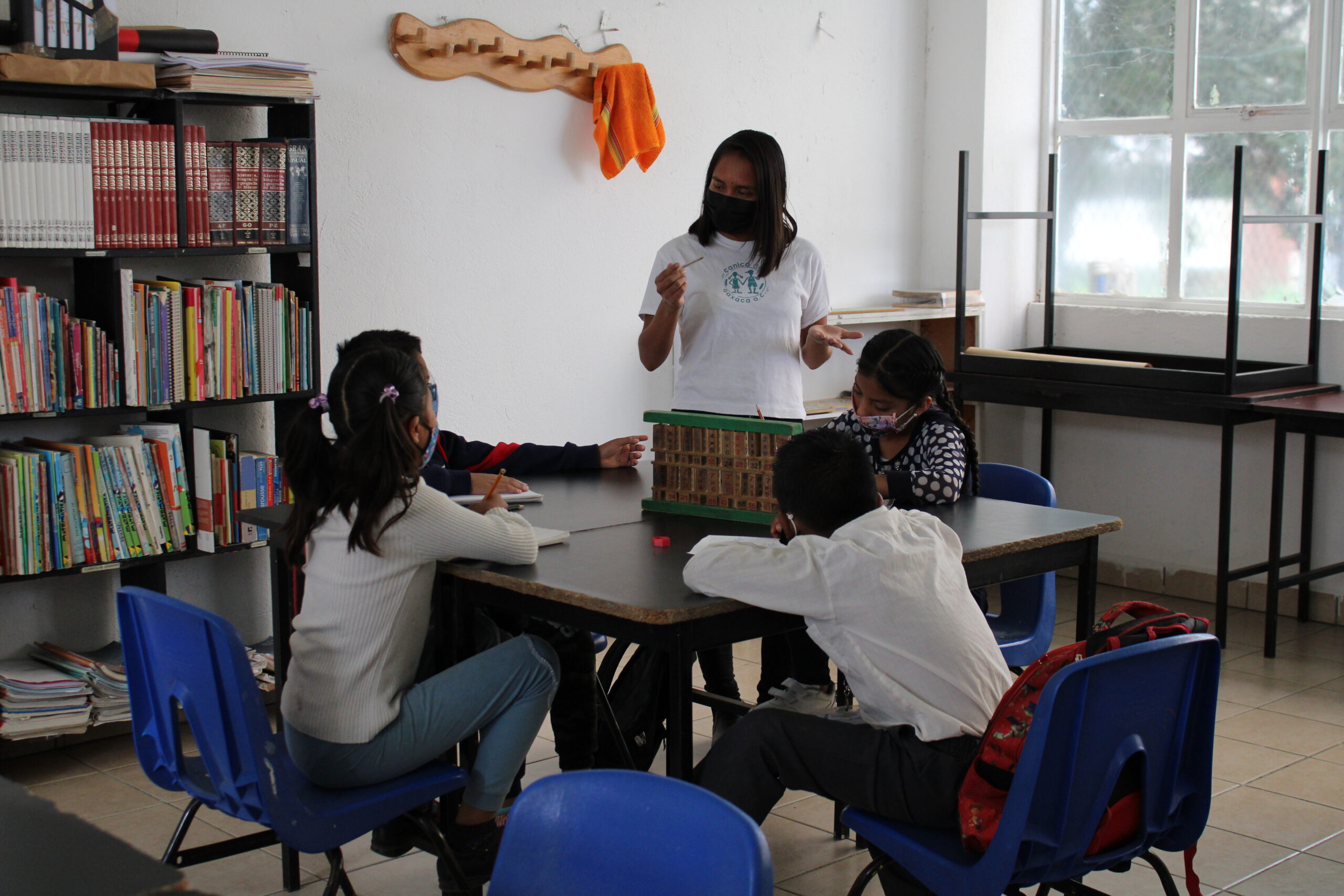
WORKING IN PARTNERSHIP
GoPhilanthropic started our partnership with CANICA in the summer of 2022, with a pilot grant to support the costs of the chef and kitchen materials in their community kitchen. In the kitchen, nutritious meals are provided to 87 children participating in CANICA’s programs that are planned by the chef and prepared by the cook with the support of the students’ parents.
The main goals of the project are:
- Providing follow-up and nutritional recovery services to the participants of the phases described above.
- Improving the participants’ physical, mental, and emotional condition and their learning abilities.
- Providing educational activities to students focusing on their skills development and habits to improve participants’ health and well-being and adequate development according to their age.
- Ensuring decent working conditions for the nutrition team.
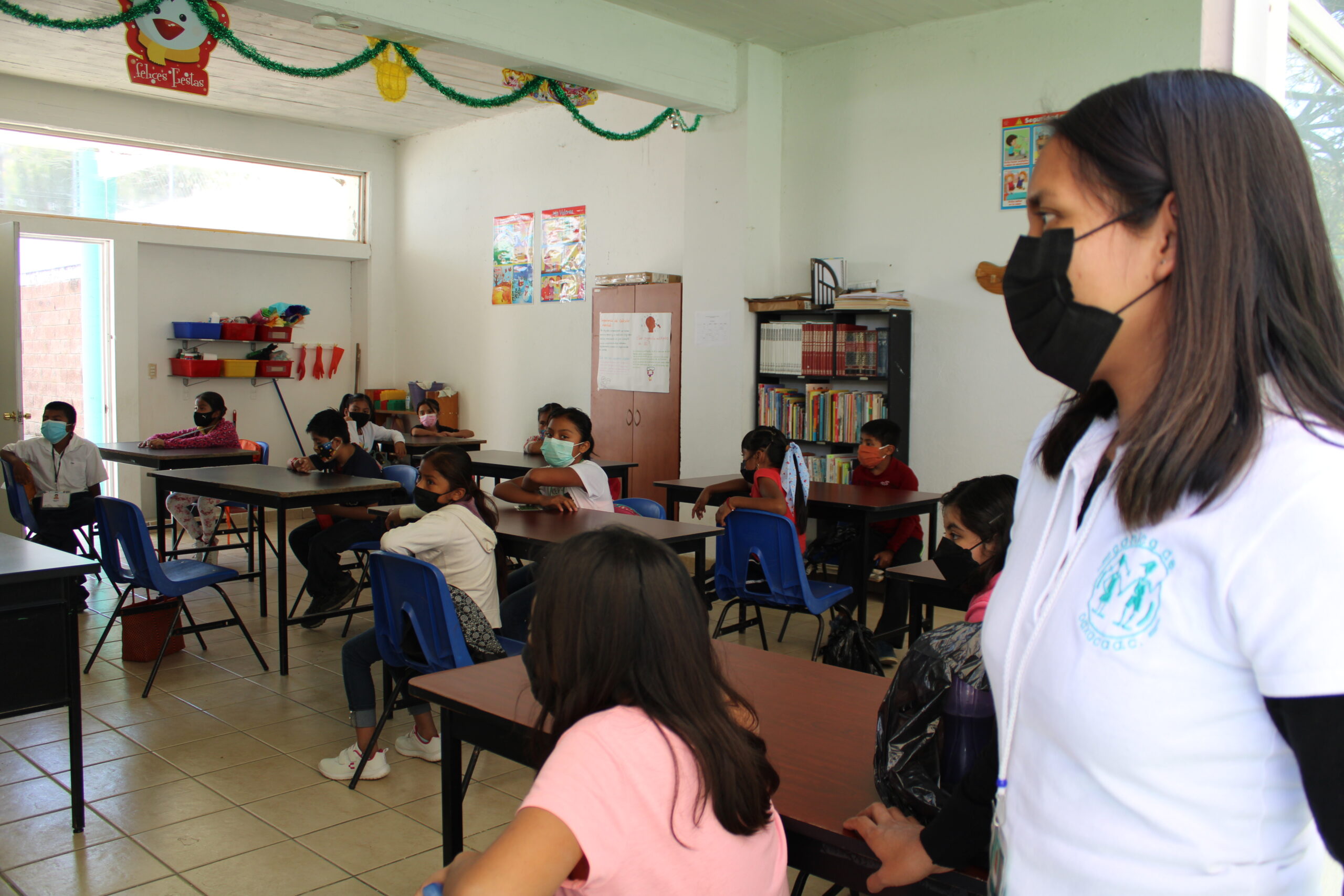
WHAT MAKES CANICA UNIQUE?
Unlike many nonprofit organizations working in community development and human services, CANICA has built a holistic, exhaustively researched, and comprehensive system to address the ongoing needs of children and their families. Their three-phase system of Contact and Awareness, Intensive Services, and Social Commitment and Participation is constantly evolving in response to stakeholder feedback and through third-party research. As a result, their strategic plans and new initiatives are planned thoroughly and executed to address as many anticipated challenges as possible.
For example, CANICA recognized that becoming a consistent staple in the community would be the most effective form of outreach work to build the trust of families and children in need. CANICA’s Mobile Play Center gives children across the city a safe space to go and the team’s social workers the opportunity to learn about at-risk families in the area. This approach has made their work far more effective than sending out teams to the streets and has given them key information to know where to focus their efforts.